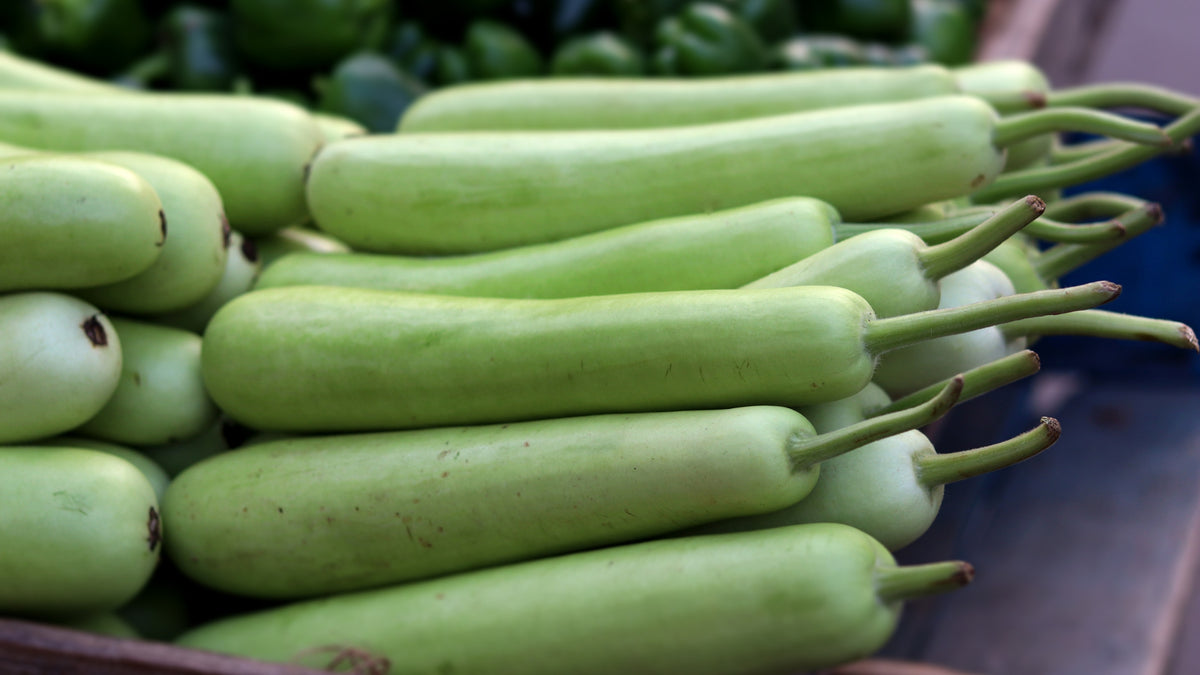
What Is Vata Dosha?

The first principal of Ayurveda is the five great elements of earth, water, fire, air, and space that combine to create the entire universe. The second principal is the three doshas: vata, pitta, and kapha, biological energies that are formed from the five great elements.
Vata dosha is a combination of space and air elements and represents movement. Pitta dosha is a combination of fire and water elements and represents transformation, and Kapha dosha is a combination of earth and water elements and represents structure.
These three biological energies control and monitor all the functions of the mind and body. They are the forces that govern all psycho-physiological systems and serve to maintain a dynamic state of health or illness. Doshas are susceptible to vitiation and are constantly changing; this greatly affects our biological functions and can create an imbalanced state of health without a consistent diet and lifestyle.
More About Vata Dosha
Vata is a Sanskrit word that means “the wind”. Ayurveda says that vata dosha governs all communication and movement, as well as blood flow, breathing, body movements, expression of speech and regulation of metabolism. It's also the motivating force behind the other two doshas, pitta and kapha, as they are inert by nature.
Physiological actions controlled by vata dosha
- Movements of joints
- Transportation of oxygen and other nutrients
- Contraction and dilatation of muscles and arteries
- Elimination of urine, stool and sweat
- Signaling of nerves
- Autonomic nervous system: blinking, sneezing, swallowing
- Secretion and circulation of enzymes
- Circulation of glucose, cholesterol, proteins and nutrients
- Regulation of hormonal secretion
Qualities of Vata
Vata dosha has six qualities: rough, light, cold, unstable, coarse, dry and slimy. When a person overindulges in foods and lifestyle activities with an abundance of these six qualities, the result is increased vata aggravation.
When vata becomes chronically aggravated, it affects the body with various disorders and diminishes strength, complexion and happiness. Vata, when aggravated, tends to disturb the mind, destroy the faculties of the five senses, early elimination or delayed retention of the embryo, intensifies emotional states of fear, grief, attachment, humility, delirium, and diminishes the life span.
The healthy existence or destruction of all living beings and their happiness or grief depends on the influence of vata. It is the god of death, the controller and regulator of all creatures, aditi (the first one), vishvakarma (creator of the universe), vishvarupa (omniform or having innumerable forms), sarvaga (omni-pervading), regulator of all actions and thoughts; it is subtle and omnipresent. Lord Vishnu permeates the whole universe and is lord vayu alone.
One should always take action to balance the energies of vata dosha!
Herbal supplements to Balance Vata Dosha
- Kshirabala 101 Soft Gel Capsules
- Bala Tailam Soft Gel Capsules
- Ashwagandha Arishtam
- Aswagandha Churnam
- Chyavanaprasham
- Brahma Rasayana
- Kshirabala Oil
- Manasamitra Vatakam
If you have any questions about Kottakkal products, please contact julie@kottakkal.shop.
Disclaimer: These statements have not been evaluated by the Food and Drug Administration. Kottakkal Ayurveda products and information are not intended for use in the diagnosis, treatment, cure, or prevention of any disease. If you have serious, acute, or chronic health problems, please consult a trained health professional. If you are seeking the advice of a trained Ayurvedic professional, call (800) 215-9934 or email us at contact@kottakkal.shop. We will provide you with information to consult with Ayurvedic professionals. Always check with your doctor before taking herbs when pregnant or nursing.
Also in Healing with Kottakkal Ayurveda

Food is Medicine - Organic Gongura Leaf
Gongura, often referred to as Indian sorrel, is a leafy green vegetable packed with an array of health benefits. This vibrant green is a treasure trove of essential vitamins, minerals, and antioxidants.

Food Is Medicine - Organic Bottle Gourd

Boosting Energy and Rejuvenation with Narasimha Rasayana
Narasimha Rasayanam is an herbal jam formulated with base ingredients of butter, honey, and milk. This time-tested remedy is believed to promote balance within the body's three doshas, vata, pitta, and kapha and supports a range of health concerns. From supporting physical strength and hair health to promoting rejuvenation and cognitive function, Narasimha Rasayanam offers a multifaceted approach to well-being.


Vaidya Vishwanath
Vaidya Vishwanath grew up in Pune, India which is hub of traditional Ayurvedic gurukul teachings, following the principles of Ayurveda as part of his culture. He has dedicated his career over the past 1 ½ decades to the science of Ayurveda.